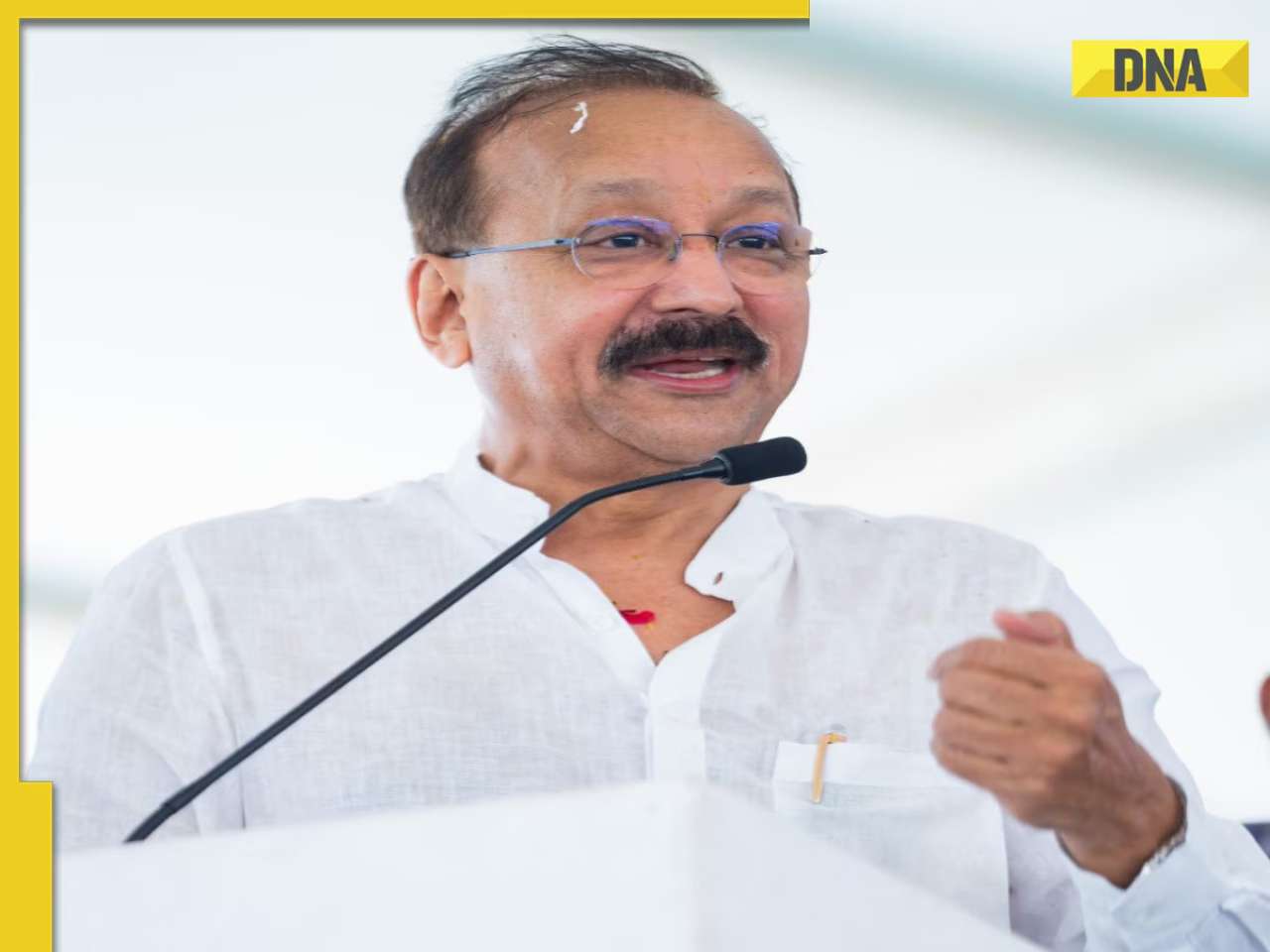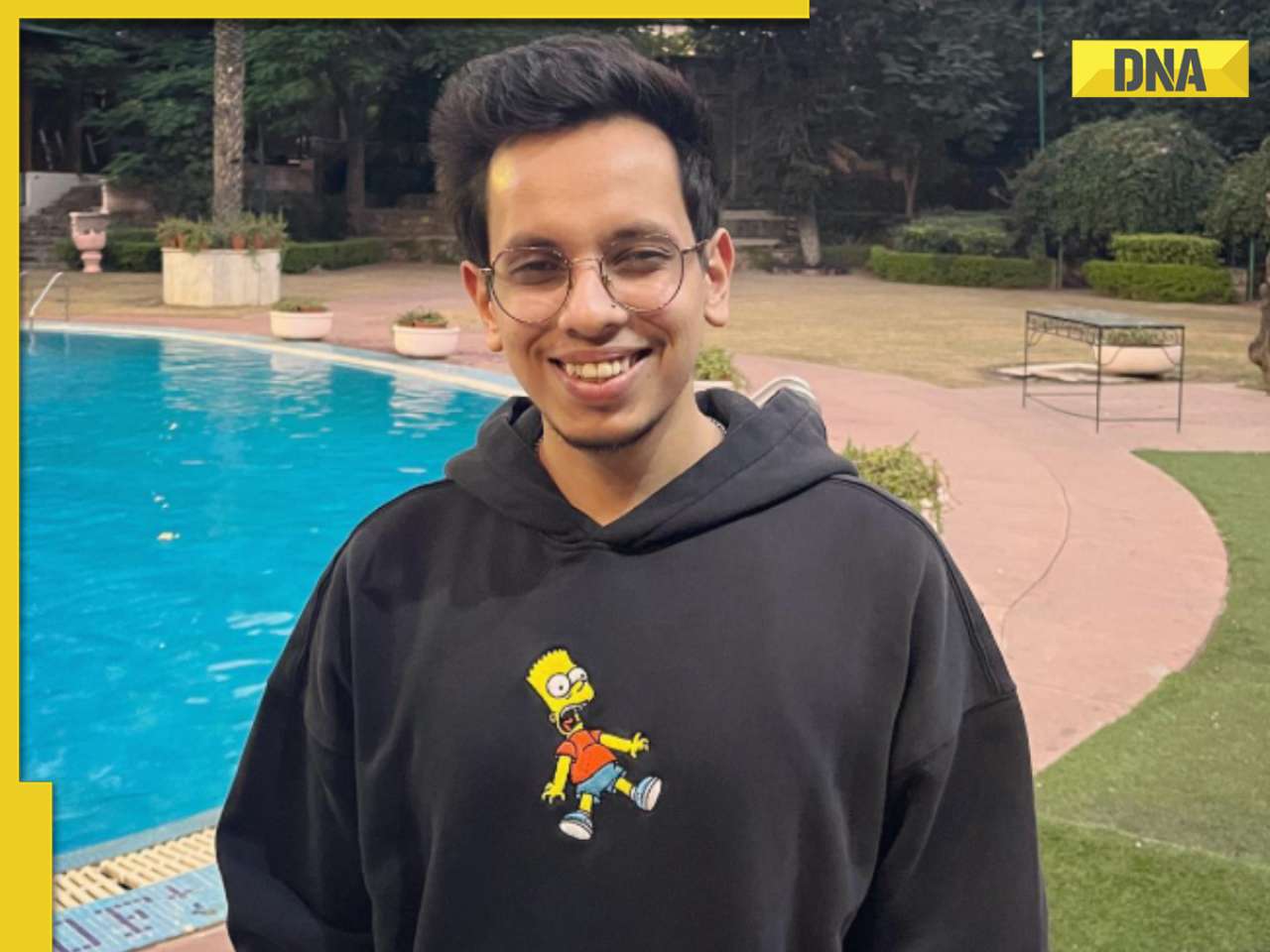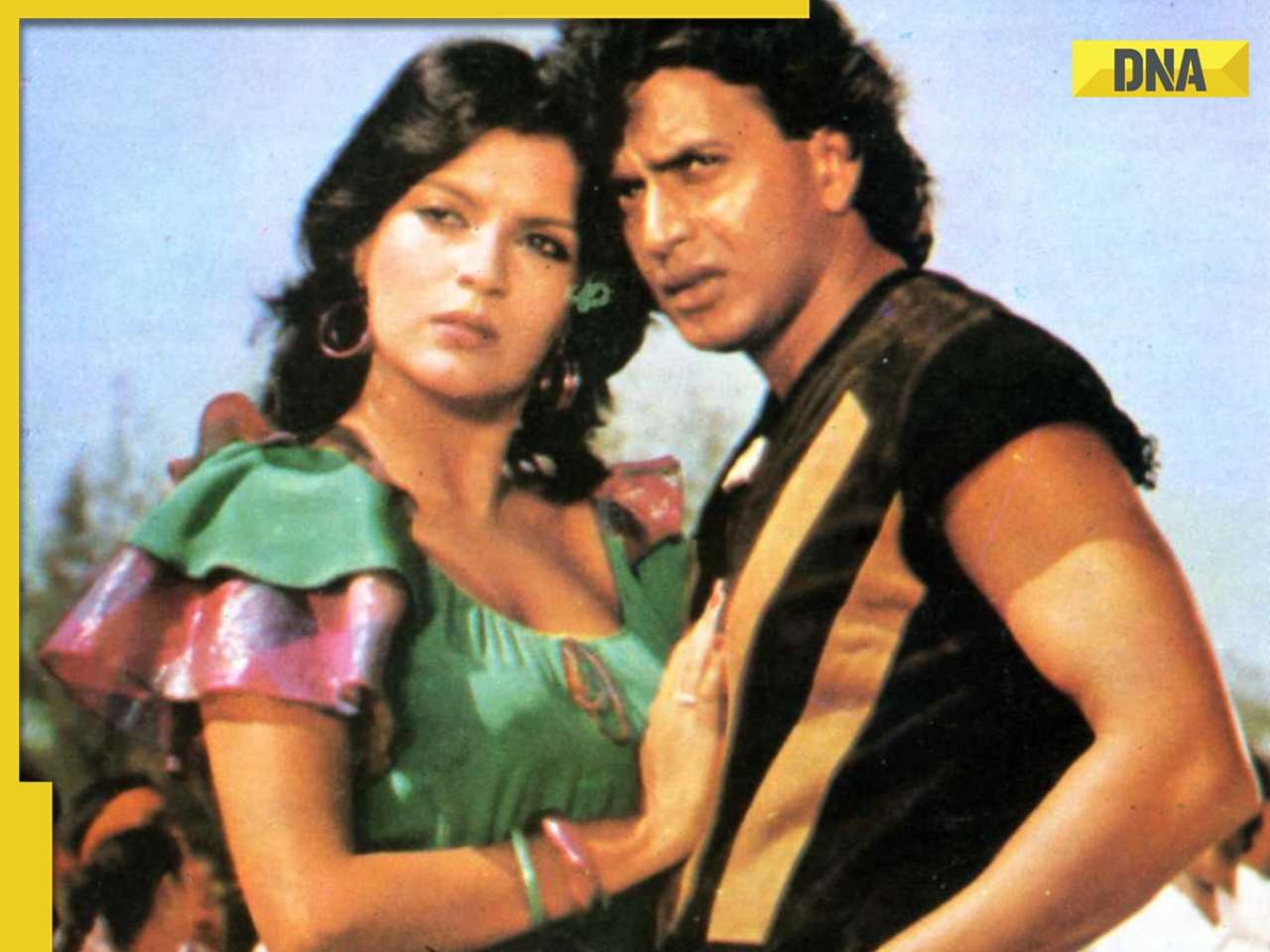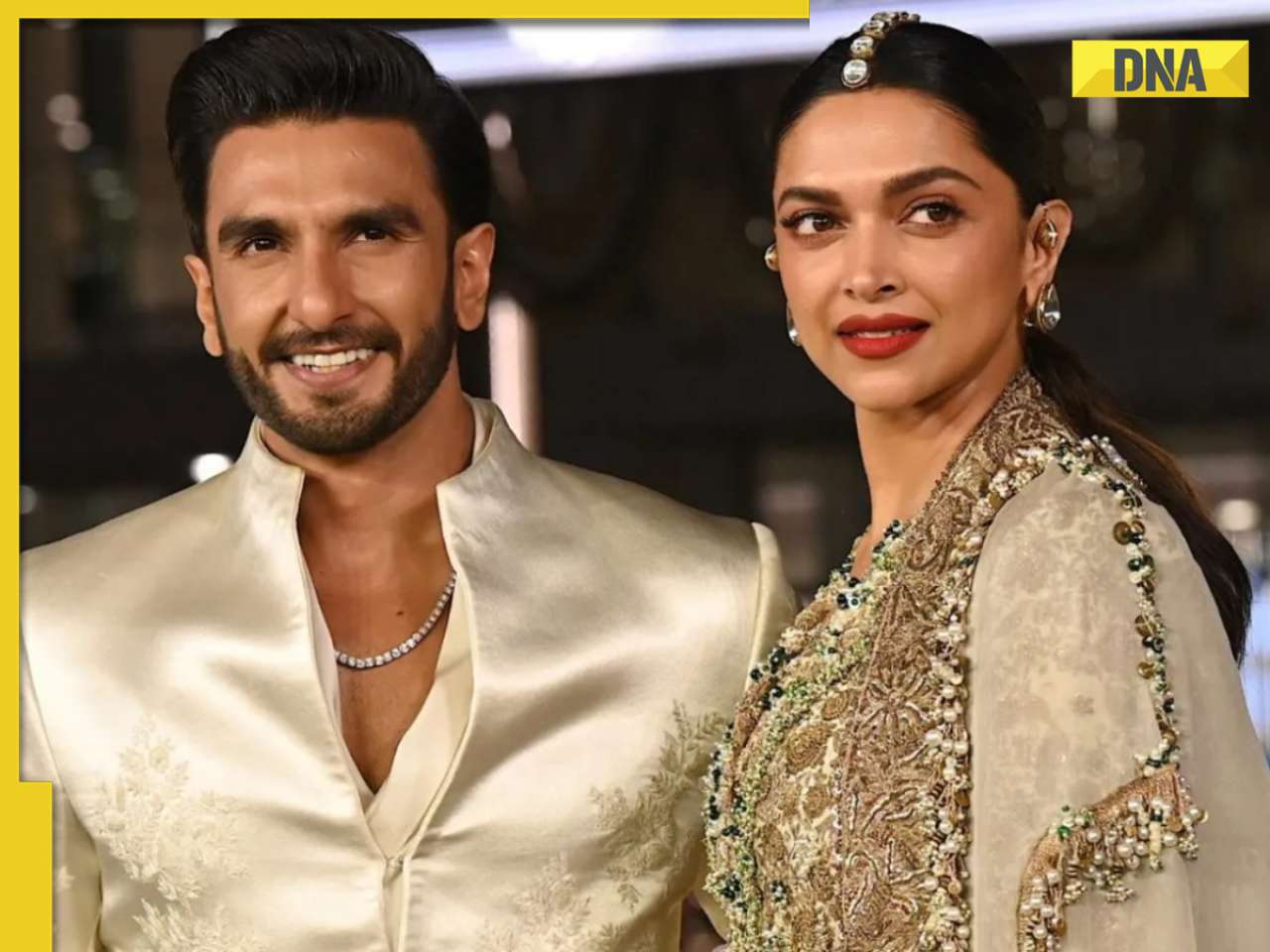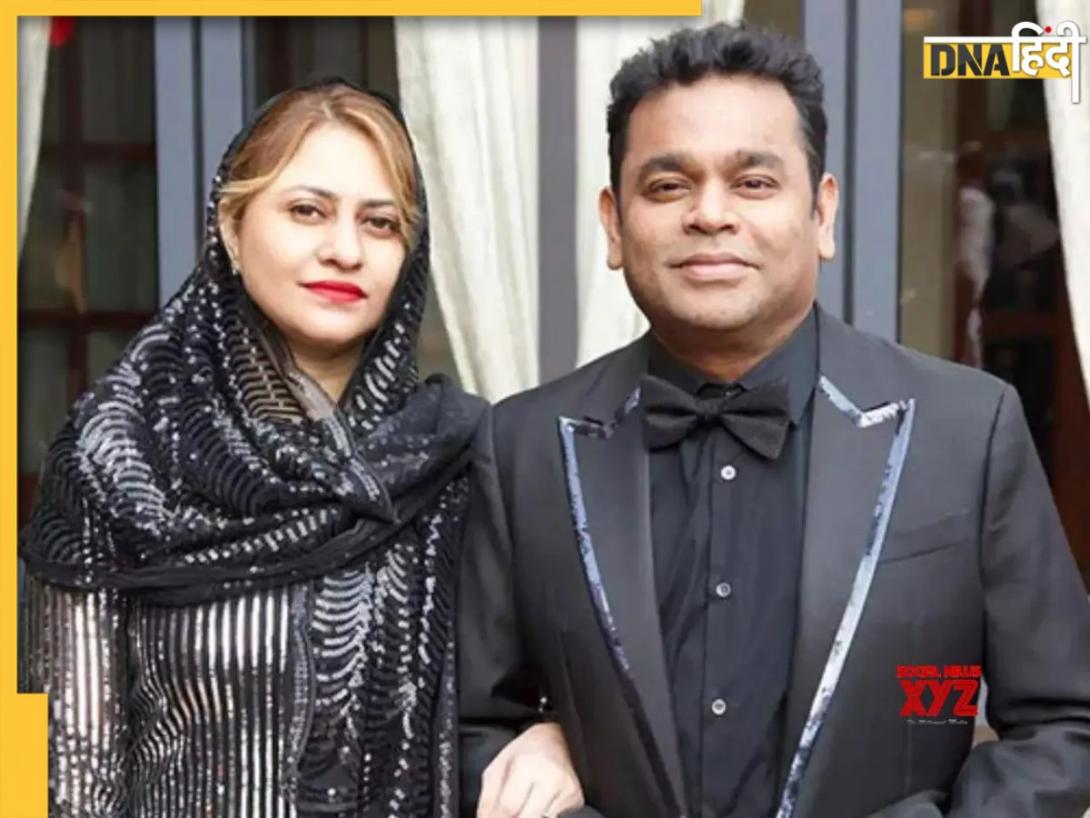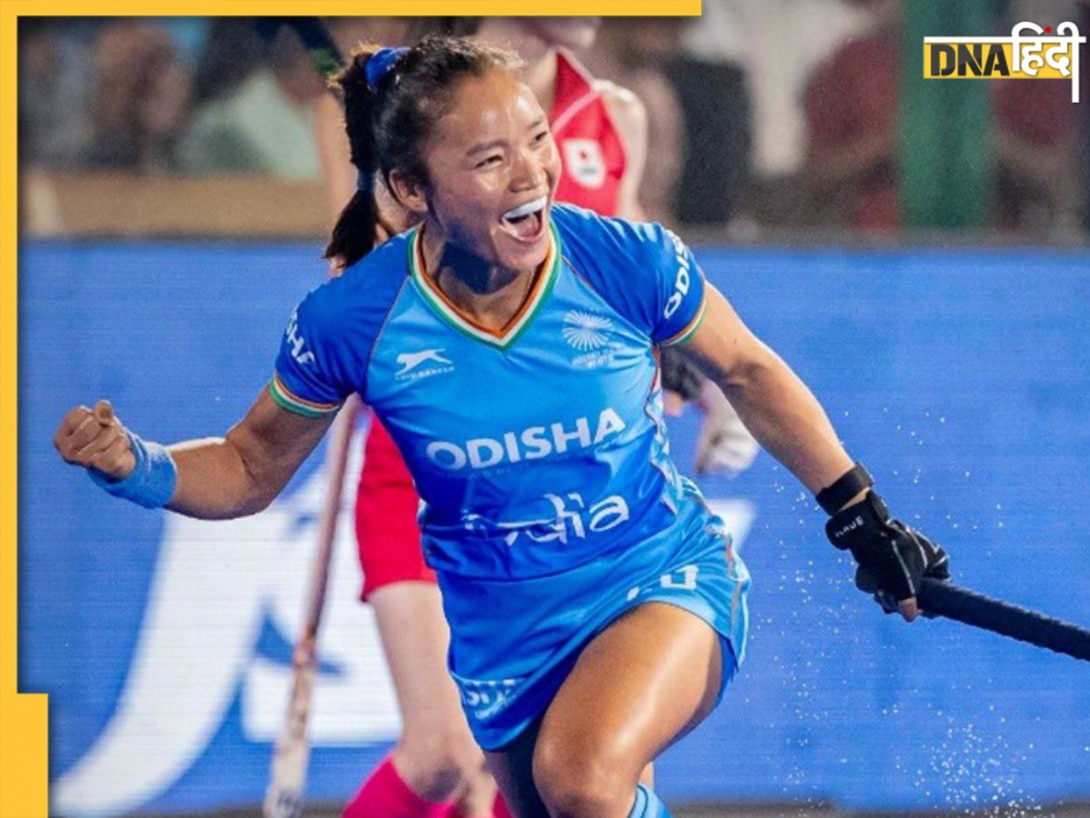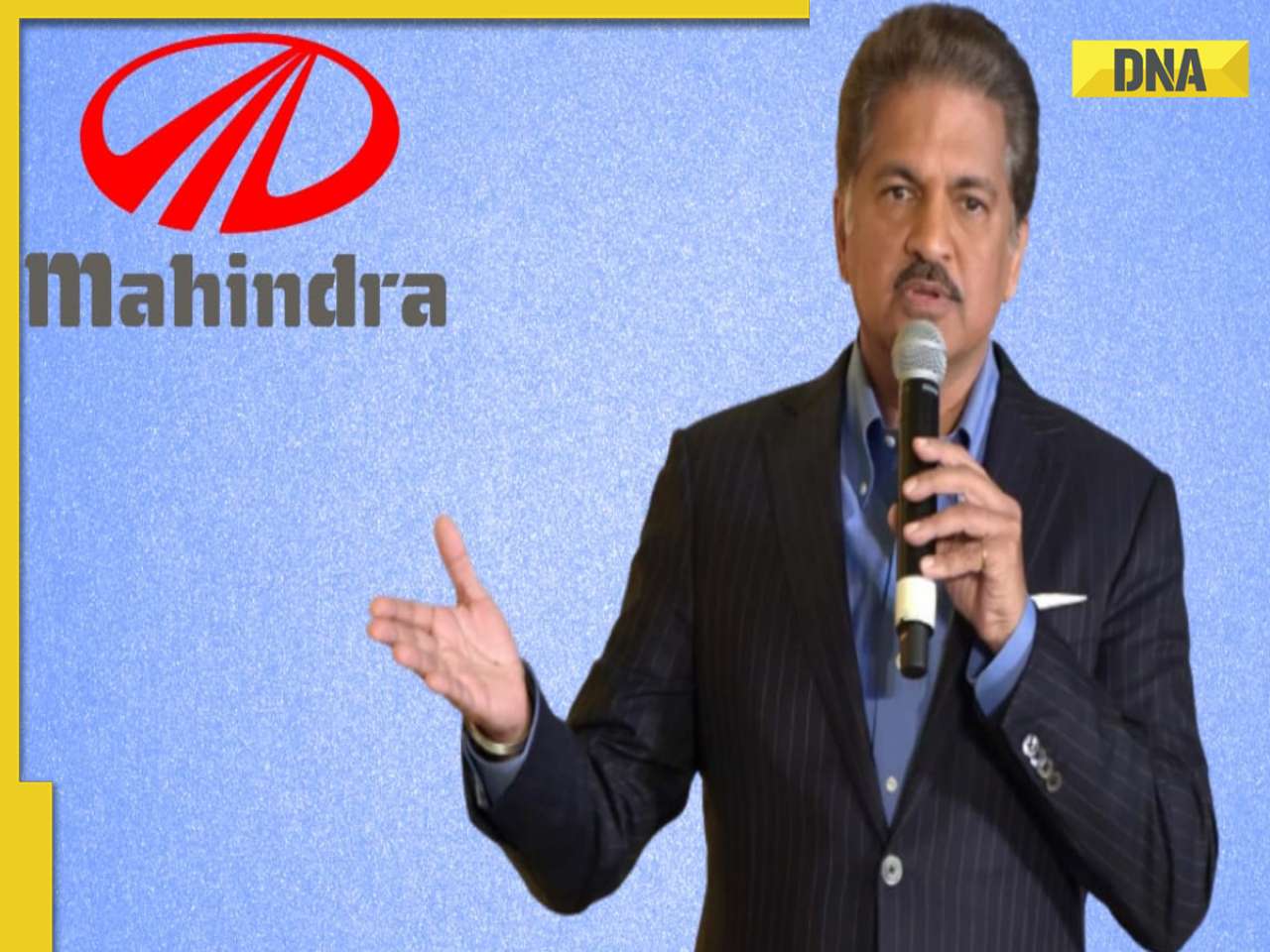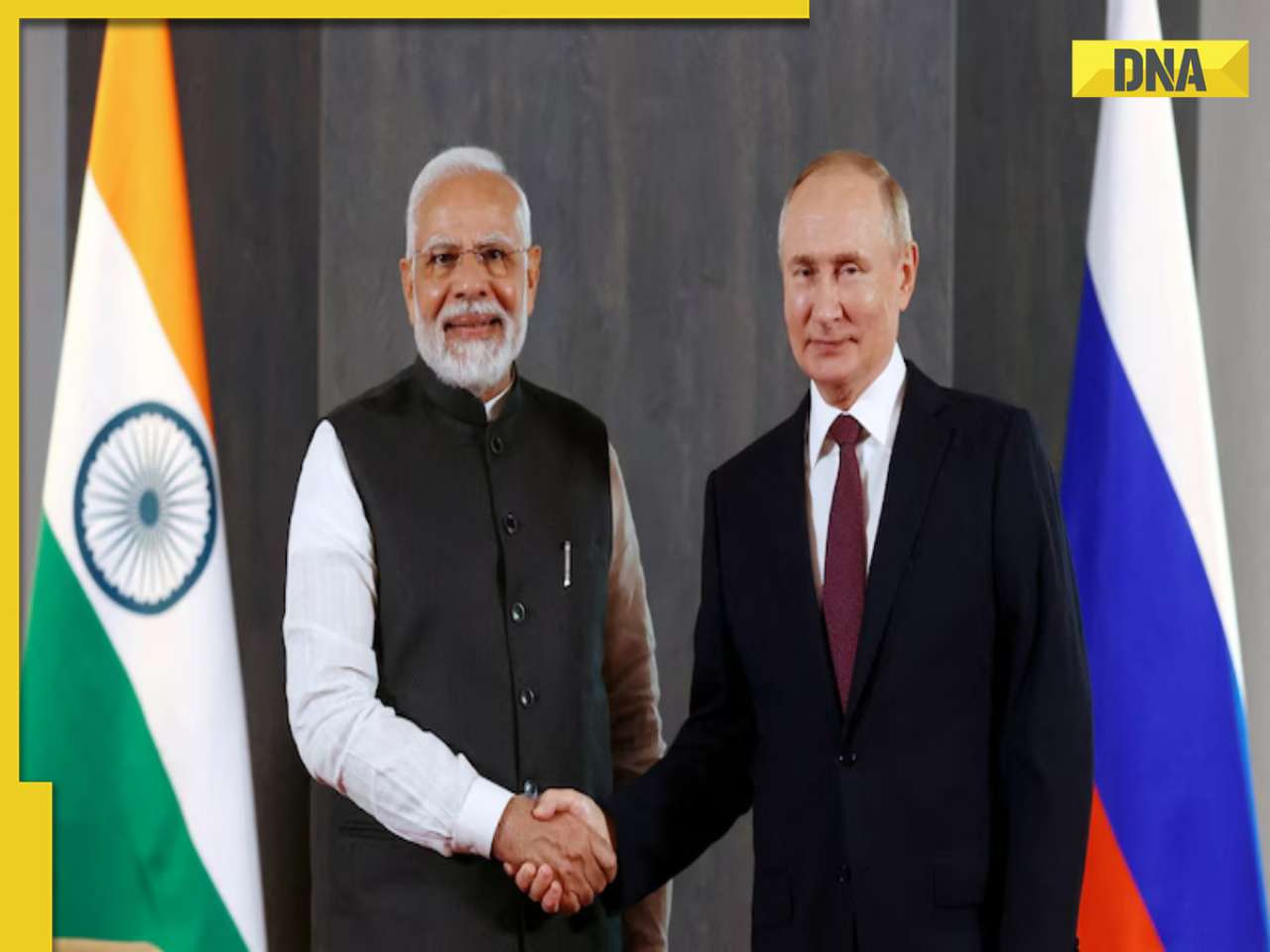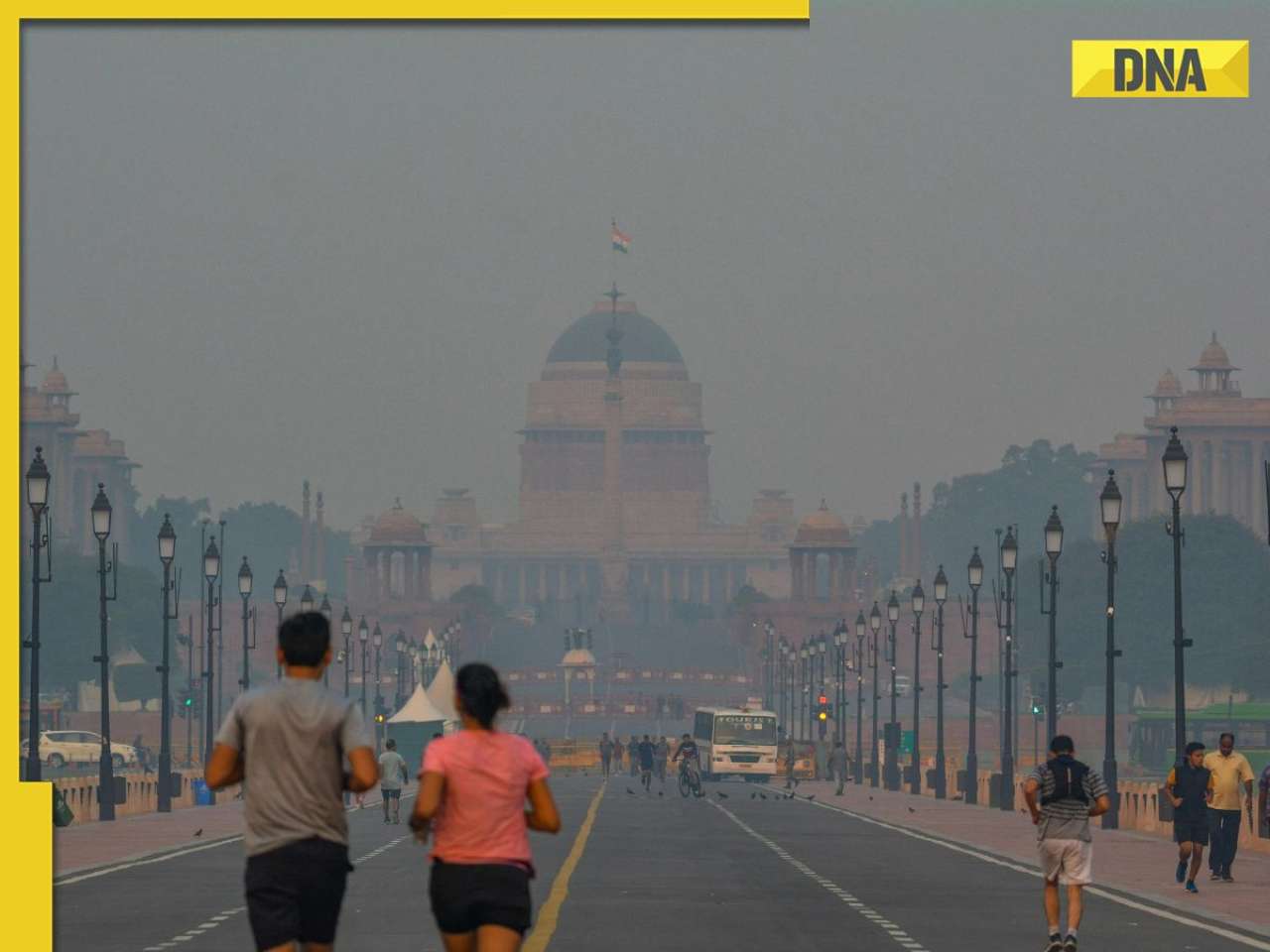- LATEST
- WEBSTORY
- TRENDING
SPORTS
A diamond called Sunny
I was 15 when he exploded into the Indian consciousness with his record-breaking exploits in the West Indies in 1970-71, and since then I have followed his amazing journey.
TRENDING NOW
A few weeks back, shortly after Sunil Gavaskar had delivered the first Dilip Sardesai Memorial Lecture at the Cricket Club of India, a twenty-something man asked me if he [Gavaskar] had been a better batsman than Sachin Tendulkar, reducing me to a hum-and-haw wreck. Heck! I could understand the youngster's curiosity, but is there a plausible answer?
I must here confess to being a Gavaskarphile. Who isn't from my vintage? The passage of time sometimes tends to either exaggerate or diminish the value of the past, but the Gavaskar phenomenon, all things considered, makes for one of the great stories of not just modern sports, but also of Indian life. I was 15 when he exploded into the Indian consciousness with his record-breaking exploits in the West Indies in 1970-71, and since then I have followed his amazing journey, largely for professional purposes, sometimes with deep personal flourishes, mostly with awe and admiration, but occasionally also with anguish.
On my first few assignments as a cricket writer, I came to know first-hand of not only Gavaskar's supreme batting skills, but also different facets to his persona. In Pakistan in 1982-83, he scored in excess of 450 runs but became increasingly moody as the series started going awry and his captaincy was under threat. Despite that, his innate sense of humour never deserted him.
At Hyderabad (Sind), after he had lost the third Test and the series, I remember him being asked by a scribe how he would have liked India's batsmen to play the rampaging Imran Khan. "The best way would be to put a sightscreen between him and us," Gavaskar replied, the straight face hiding his acute disappointment.
This humour could, of course, move from being self-deprecatory to caustic in a matter of minutes — or a few tours. In 1985, when India went to Sri Lanka, Gavaskar was still determined to bat in the middle order, much to the chagrin of skipper Kapil Dev. Soon after arriving in Colombo, asked informally by the press corps if he had given up opening, Gavaskar was vehement: "I will open doors and bottles, but opening the innings is another matter," he said with a smile.
Our paths have criss-crossed several times over 30 years, and we even worked together in the same publication (Sportsweek) for a while, but I can't claim to know Gavaskar intimately. Apart from the immediate family and a few close friends, I doubt anybody does. Like most virtuosos — in any walk of life — he can be aloof to the world around him, living out his personal beliefs with a strength of conviction that is as maddening as it is admirable for outsiders.
This was more pronounced in his playing days when he could be stubborn, warm, tantrum-prone, helpful, sanctimonious, thoughtful — apart, of course, from being a compelling, record-breaking batsman. Sometimes it would appear that he was at war with the world, sometimes with himself, and both were probably true. He fought furiously for pride and self-respect at a time when Indian cricket was easily dismissed; he also raged for perfection as a batsman because he wanted to be the best, no less.
He has had a few memorable altercations with umpires, opponents, fellow players, and administrators which he would see as silly now; as captain, he sometimes stretched defensive tactics to bizarre levels (with active provocation from rival Keith Fletcher in 1981, it must be added), which accentuated his 'mean' image.
More infamously, he once batted 60 overs for 36 runs in the first World Cup, and in 1980-81, almost conceded a Test match after getting into a spat with Australian umpires and players, two events he now deeply regrets. But over a long career and action-packed life, the prickly facets must be seen as blips and in conjunction with several sanguine ones, not all known, to arrive at a balanced profile of the man.
By and large, Gavaskar's general disposition is sunny, as his nickname goes. He has a sense of fun that can be droll or ribald, depending on the company he is in. He is a terrific after-dinner speaker because he is such a splendid raconteur. In a more informal setting, he can be a great mimic, bringing to the fore the tremendous powers of observation which made him 'read' the game so well. He can hold his own in any company, be it Nelson Mandela, Manmohan Singh, or a Bollywood starlet, because he is very well informed.
Where Indian cricket is concerned, he has been its strongest minder. Few mess with him when he has a cause to fight. He was in the forefront of arguing for players' rights and was instrumental (along with Bishen Bedi) in giving the Cricketer's Association voice and meaning. It must be a cause of some regret to him that the current players don't see this platform as important any more.
After he retired, when we briefly worked together at Sportsweek, there was not a week in which I didn't see him trying to help out less-fortunate cricketers with their benefit matches or some other financial assistance. "These guys have given everything for the game, and deserve support," he would say. Some years later, he started the Champs Foundation — without too much fanfare or publicity — to provide financial help to needy and ailing sportspersons across disciplines. During the 1993 riots in Mumbai, as is famously known, he went and rescued a Muslim family from a mob near his residence.
Students of psychology could see many contradictions in Gavaskar's personality and they might not be entirely wrong in their assessment; but then again, not quite completely right either. For, at his core, Gavaskar is no different from any of us: complex, but essentially human.
As a cricketer, however, Gavaskar emerges unique. To Indian cricket, he added steel and spine, apart from the runs and hundreds, of which he made plentiful and everywhere in all kinds of conditions and situations. In his tribute in Gavaskar: Portrait Of A Hero, Peter Roebuck writes, "…such were his powers that he'd have been productive 50 years earlier or 50 years later; even in this hurrying world, some things do not change, the principles of batsmanship not least amongst them."
But in the Indian context, Gavaskar meant more than just runs and hundreds. His very presence in the middle provided emotional and psychological security beyond the cricket field. Like Tendulkar, he was not just another player, but a metaphor of the country's aspirations and hopes.
It intrigues me still that not till his magnificent 221 in the heart-breaking run-chase at The Oval in 1979, which compelled Sir Len Hutton to call him the best opening batsman in the game, was Gavaskar's genius acknowledged worldwide, and he was rated alongside Viv Richards and Greg Chappell. By then, he had been playing for eight years and had scored more than 5,000 runs!
There are several other tributes that I can cite from, but an anecdote involving another great player of the 1980s, Javed Miandad, and a couple of his colleagues, perhaps, puts Gavaskar's cricketing calibre in the best perspective. We were at Miandad's house in Lahore in 1989, celebrating his 100th Test match. In between the partying, I asked the Pakistani maestro his opinion about Gavaskar.
"Many have played this game brilliantly, but few have understood it as well as this man," said Miandad, pointing in Gavaskar's direction. "Did you see his innings against us at Bangalore two years back?" I had, and consider it perhaps the most skilful and poignant knock in Indian cricket history.
Only one batsman in three innings of that Test match had crossed the 50-run mark as the ball turned square from day one. India were to bat fourth chasing a little over 200 for victory, which was like climbing Mount Everest in a snowstorm. But Gavaskar, with sublime technique and dogged determination, mastered the adverse conditions to keep his team in the hunt even as wickets fell around him like ninepins.
On the rest day of the Test, I went to interview Tauseef Ahmed, the off-spinner, and his roommate Iqbal Qasim, the left-arm spinner. The spin twins had reduced the Indian innings to rubble. Now only one man stood between them and victory: Gavaskar, unbeaten on 50-something. Usually chirpy souls, on this day Tauseef and Qasim were so high-strung that they wouldn't even talk to each other.
"Woh Baba Adam ab tak khel raha hai [that old man is still batting]," said Qasim, finally breaking the silence. "Bat hai ya deewar? (does he have a bat or a wall?)" Tauseef chipped in. "We haven’t been able to sleep because of the tension," they chimed in unison.
Next day, just when it appeared that Gavaskar would win the match single-handedly, he fell heartachingly for 96. Imran Khan called it the best innings he had seen. India eventually lost that Test match by a small margin of 16 runs, and Gavaskar bowed out of Test cricket, a forlorn but never-to-be-forgotten hero.
It's almost 22 years since he retired, but as he turns 60 today, memories of Gavaskar's exploits come flooding back. He arrived with a bang in 1970-71, scoring 774 runs in his debut Test series (still a record), notched up 10,122 runs and 34 hundreds, and finished with a flourish, making 96 in his last Test innings, a century at Lord's in his last first-class match, and a maiden hundred in his penultimate one-day game — all in 1987, at age 38. He quit as he always said he would: when people asked why, not why not.
At this point one must go back to the original question raised by the curious twenty-something at the CCI. But comparisons, I'm afraid, are odious and lead nowhere. Perhaps the answer lies in a counter-query: Had there been no Gavaskar, would there have been a Tendulkar?

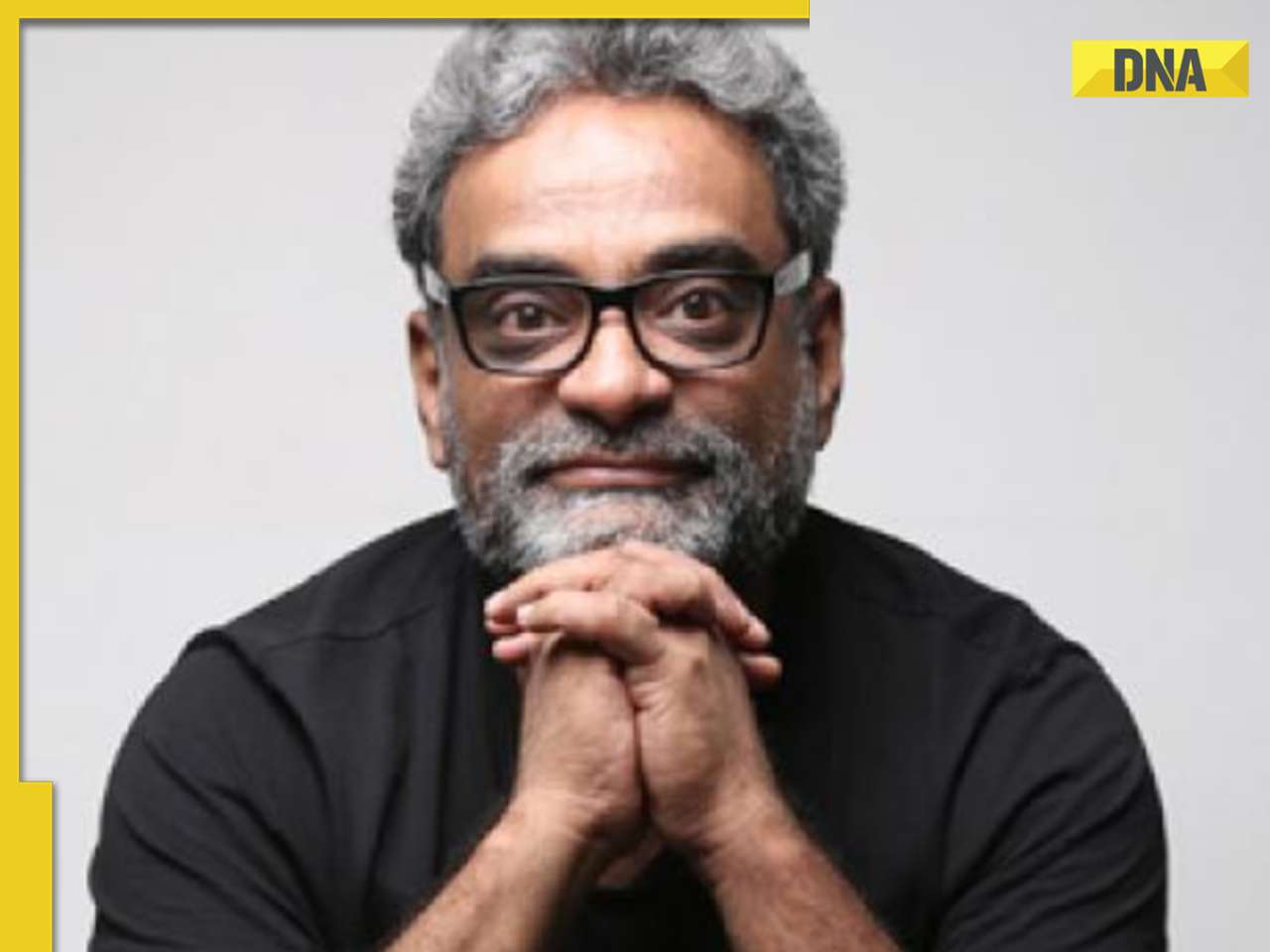
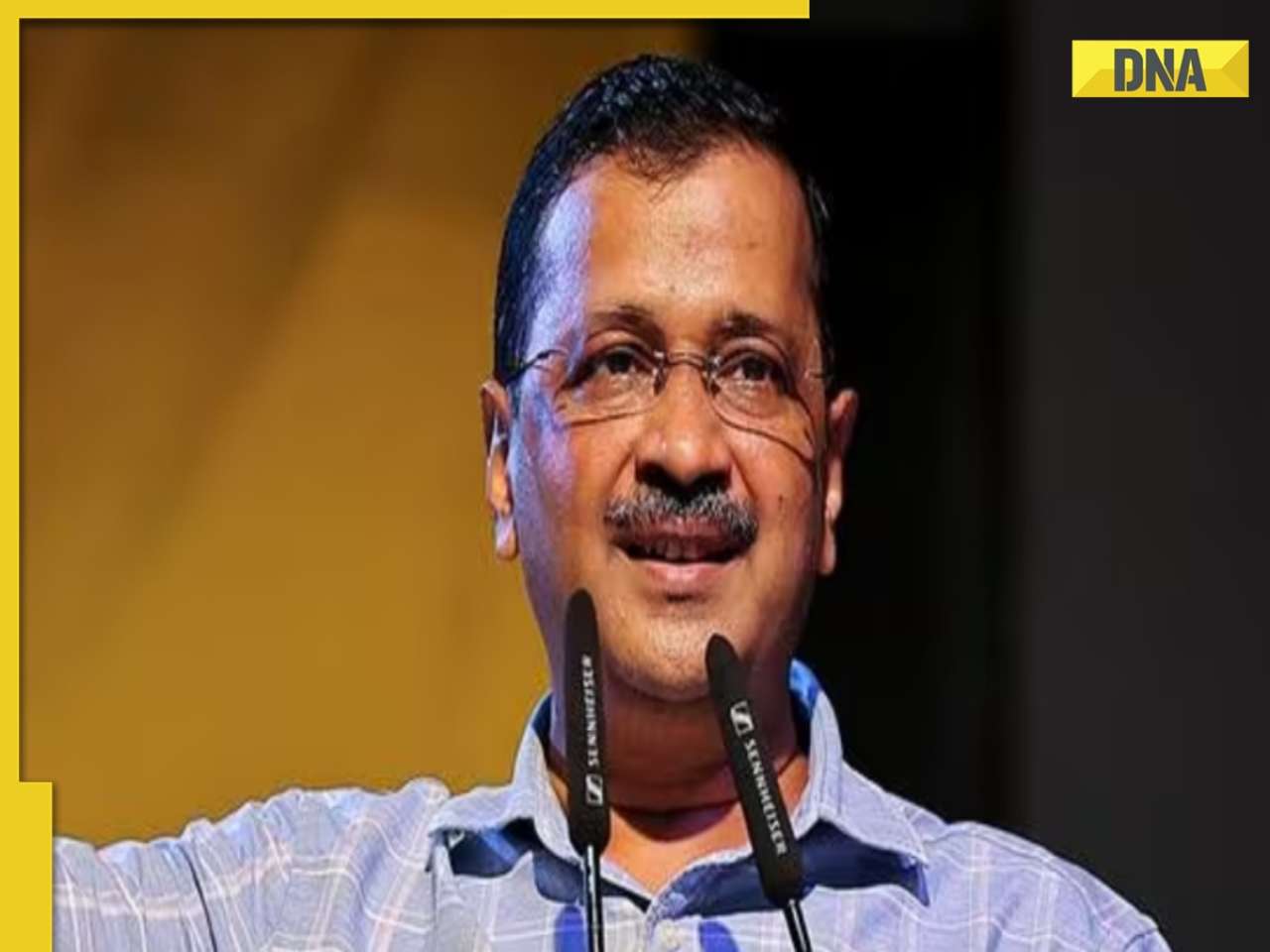
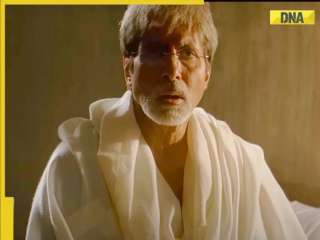
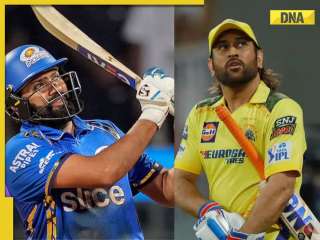
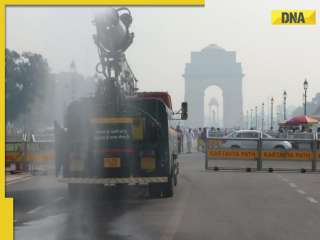

)
)
)
)
)
)
)
)
)
)
)
)
)
)
)
)







